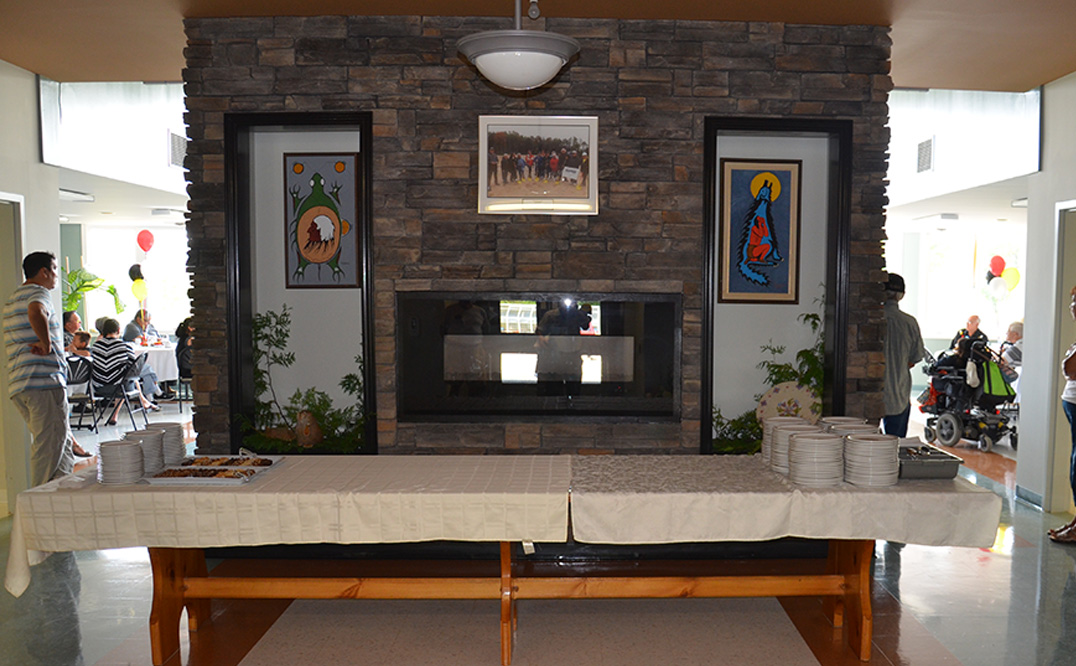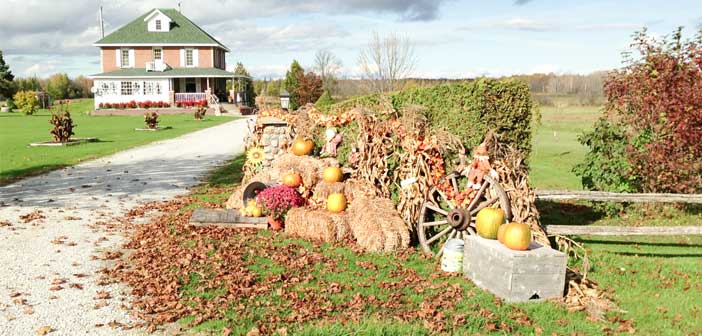People are encroaching on bears’ traditional lands, just as they have done with First Nations
To the Expositor:
English is a very strange language. For example, there was news this week about the release of growth figures for the Canadian economy. Finally, it’s out–there were two months of “negative growth” just recently. And Stephen Harper, Conservative leader, when he was prime minister, made sure to include in one of the federal government’s omnibus bills an act to have declared a “recession” once two consecutive months of negative growth was recorded. If something is growing, typically that means it’s increasing in size or girth or numbers. But if it’s not growing then that means it’s decaying, or disappearing, or otherwise decreasing. So the term “negative growth” is an oxymoron, sort of like “jumbo shrimp” or “near miss.” To use the word growth in describing something that’s deteriorating is misleading.
Economics, likewise, is a very strange discipline. It’s not a science exactly, more like a study and tracking of human behaviour and its relationship to currency, money and finances. Actually, economics is a study of the “quantification of greed.”
There was a deadline recently for First Nations to publish their financial statements in the public domain. Some 200 First Nations across Canada did not. The way I figure it, if a First Nation receives “Indian money” that was held in trust for them by the federal government, that can get reported. On the other hand, if First Nations earn their own money without the feds’ fingers in the pie, the First Nations should not have to report that.
Actually, Canada has never fully paid for the land it took from indigenous peoples from coast to coast to coast. The feds and the red-coated Mounties make a big deal over treaty payments that are made to First Nations here and there annually at $4 per person per year, provided that you’re “registered” with the federal government. That $4 per year is only the interest on the interest for land purchases that were never paid for in full. If Canada is $600 billion in debt over its own doing, then Canada has not even calculated how much it really owes “Indian” people for the more than 9 million square kilometers that it has not finished paying for.
Then there’s news stories like the “bear problem” in towns and cities in Canada. Actually, they’re not “bear problems,” they’re “people problems.” They’re people problems because people are encroaching upon the bears’ traditional territories. Bears are doing what they always do–it just so happens that they’re doing it on their traditional territories that have now been covered over with suburbs, dirt bike trails, and commercial and industrial development. I didn’t hear anyone ask Anishinaabek what to do about the bears. It seems like the answer to problems is always “shoot it” or “shoot them.”
Closer to home there’s some disgruntlement about birds nesting and occupying some farmers’ fields. Once again, the geese are on their traditional territories and using their ancestral migratory routes to make their way south again. It’s a “people problem” not a “bird problem.” Same idea–solve the problem by shooting it or them. Surely to goodness there are wildlife biologists around with answers to co-existing with the bears, the birds and other wildlife.
Things that happen on the other side of the globe eventually affect all of us here, too. There was news about refugees trying to get into some European countries and being prevented from doing so, or having to obtain visas before being admitted to a country. I have a hard time accepting that Canada should bring in umpteen thousand more refugees, when Anishinaabe traditional indigenous lands were encroached upon without our say-so; when refugees from England, Portugal, France, Spain, Ireland and other countries in Europe were admitted to our ancestral homelands (Canada) and plunked down upon stolen and otherwise illegally expropriated indigenous territories.
It’s very strange to be travelling upon our ancestral indigenous lands on the outside looking in at what used to be ours. It’s very strange to be homeless in one’s own homeland. It’s very strange for a federal government which has a statutory obligation to protect “Indians and lands reserved for Indians” to condone another Indian and an Indian Band Council to eject a female Anishinaabe elder from her traditional Anishinaabe home and land.
Strange times indeed.
Marie McGregor Pitawanakwat
Whitefish River First Nation




